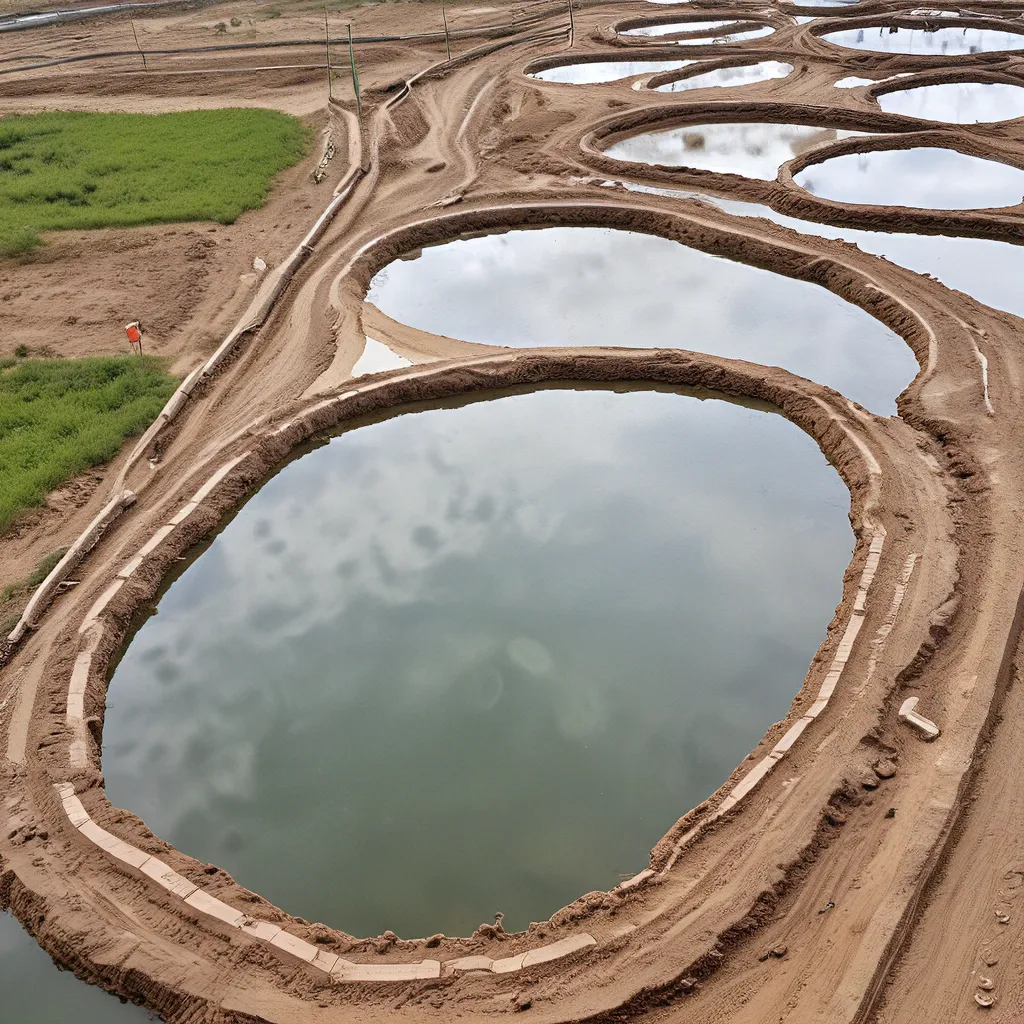
In the ever-evolving landscape of sustainable practices, the wastewater treatment industry is undergoing a remarkable transformation, driven by the remarkable advancements in biotechnology. As the world grapples with the pressing need to reduce our environmental footprint, this intersection of science and environmental stewardship holds the key to unlocking a future where clean water and a healthy planet are not just aspirations, but a tangible reality.
Harnessing the Power of Biological Processes
The traditional approach to wastewater treatment has often relied on energy-intensive and chemically-intensive processes, leaving a significant carbon footprint in its wake. However, the rise of biotechnology is ushering in a new era, where nature itself becomes the architect of sustainable solutions.
One of the most promising developments in this field is the use of microorganisms to break down and purify wastewater. These microscopic allies, meticulously engineered and cultivated, possess the remarkable ability to consume organic matter and transform it into clean, reusable water. By tapping into the inherent regenerative power of biology, we can reduce our reliance on fossil fuels and harmful chemicals, paving the way for a more eco-friendly and cost-effective treatment process.
The EMBRACED project, for instance, is a shining example of how biotechnology can be leveraged to address the challenges of wastewater treatment. This innovative initiative explores the potential of microalgae to not only purify water but also produce valuable biofuels and biofertilizers as byproducts. By seamlessly integrating these natural processes, the project demonstrates how circularity can be achieved, minimizing waste and maximizing the sustainable use of resources.
Embracing the Bioeconomy
The emergence of the bioeconomy has further fueled the integration of biotechnology in wastewater treatment. This rapidly evolving field harnesses the power of biological resources, waste streams, and manufacturing byproducts to create a more sustainable and circular economy.
Bioplastics, for example, offer a promising alternative to traditional petroleum-based plastics. Derived from plant-based feedstocks, these innovative materials can significantly reduce the carbon footprint associated with plastic production and disposal. Coca-Cola’s PlantBottle initiative, which utilizes a 30% bio-based plastic, is a testament to the industry’s embrace of these eco-friendly alternatives.
But the bioeconomy’s influence extends far beyond just materials. Biotechnology is also revolutionizing the way we approach energy generation from wastewater. By harnessing the power of microorganisms to convert organic matter into biogas, wastewater treatment plants can now become net energy producers, reducing their reliance on external power sources and further enhancing their sustainability.
Navigating the Challenges and Opportunities
As with any transformative technology, the integration of biotechnology in wastewater treatment is not without its challenges. Scalability and cost-effectiveness remain key hurdles that the industry must overcome to ensure widespread adoption.
However, the potential benefits far outweigh the obstacles. By embracing the bioeconomy and leveraging the power of biological processes, wastewater treatment providers can not only reduce their environmental impact but also unlock new revenue streams and drive innovation.
The integration of enzymes, for instance, has the potential to streamline production and minimize environmental damage in the textile industry. This same principle can be applied to wastewater treatment, where enzymatic processes can enhance efficiency, improve cost-effectiveness, and lower the carbon footprint of the entire operation.
The Future of Wastewater Treatment: A Sustainable Oasis
As we look towards the future, the biotechnology-driven transformation of wastewater treatment promises to usher in a new era of sustainability and environmental stewardship. By harnessing the regenerative power of biology, we can create a symbiotic relationship between human activity and natural systems, where waste becomes a valuable resource and clean water is not just a luxury, but a fundamental human right.
The wastewater treatment industry’s embrace of biotechnology is not just a step towards a greener future – it’s a bold declaration of our commitment to protecting the planet and preserving the well-being of generations to come. As we continue to innovate and push the boundaries of what’s possible, the clean water that flows from our taps will serve as a constant reminder of the remarkable transformative power of science and environmental stewardship.
So, let’s dive deeper into this blue ocean of biotechnological possibilities, where the future of wastewater treatment holds the key to a more sustainable and equitable world. Alpha Wastewater stands ready to guide you on this exciting journey, leveraging the cutting-edge advancements in biotechnology to revolutionize the way we manage our most precious resource – water.